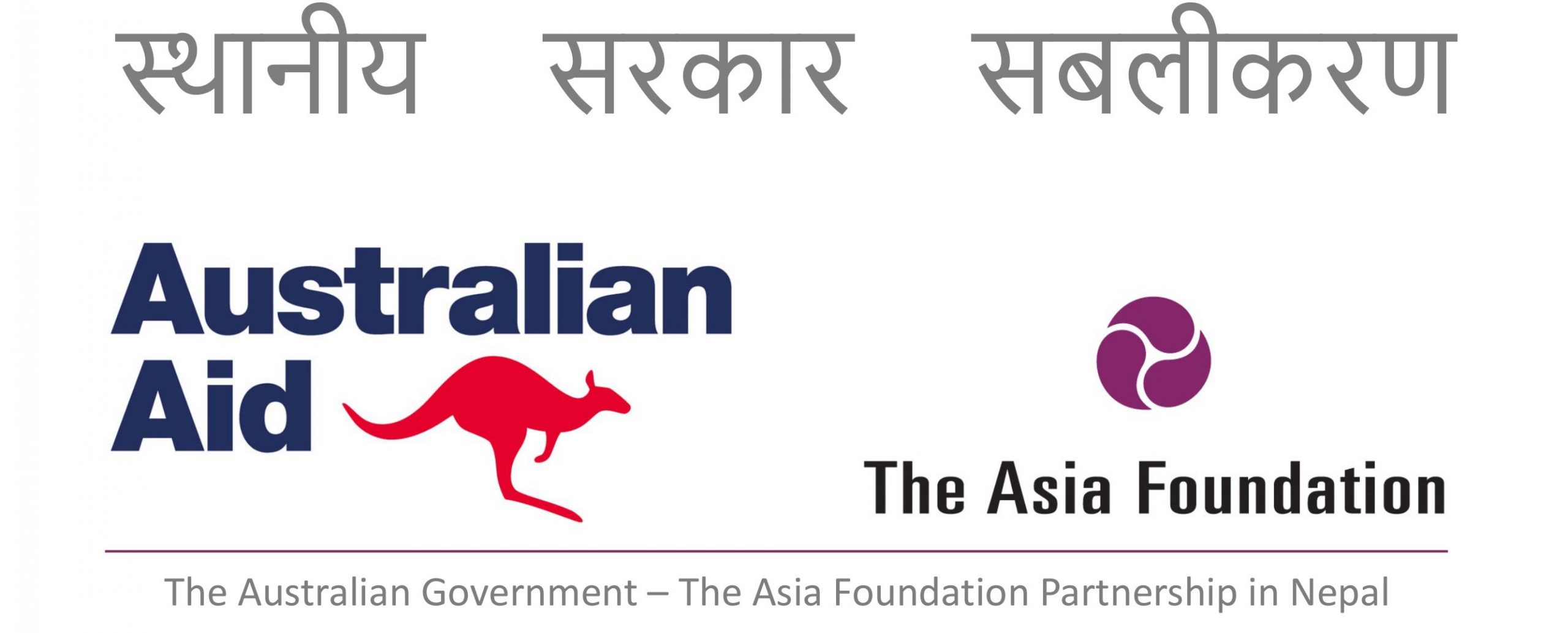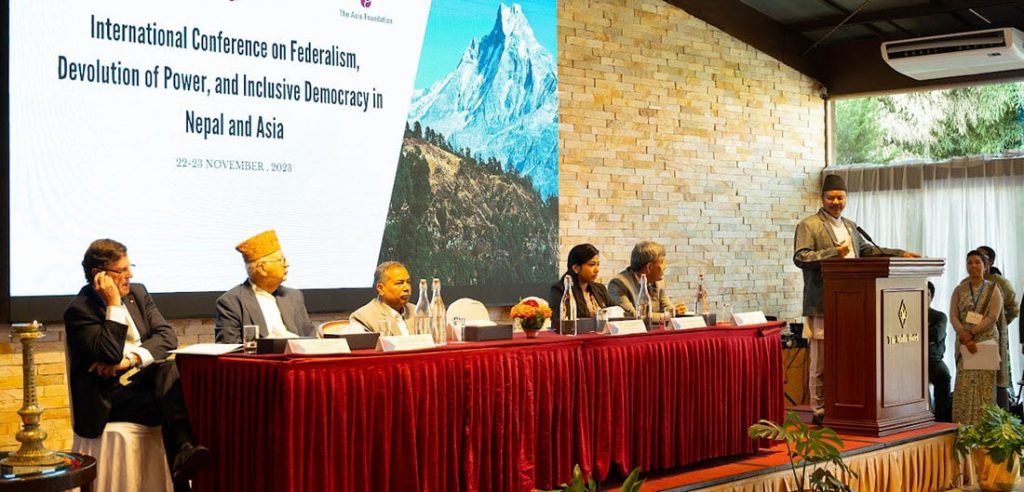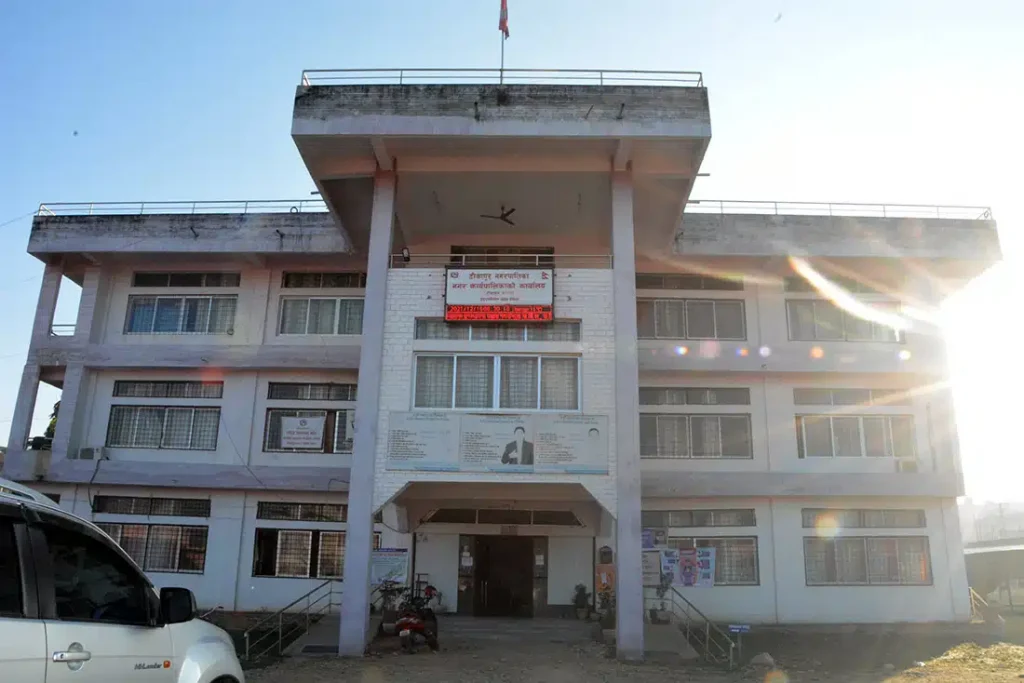Stability
Strengthened mechanisms and systems for enhancing intergovernmental relations and dispute resolution across all levels of government.
Nepal’s Constitution 2015 visualizes a non-hierarchic relationship between the three tiers of government, with a strong mechanism for intergovernmental dispute resolution and coordination guided by the principle of ‘coordination, cooperation, and coexistence.’ Although some formal mechanisms are outlined in the constitution, an unclear understanding of the role and function of the three tiers of government has an impact on effective decision-making and service delivery.
To address this challenge, SNGP supports the country’s evolving implementation of federalism by strengthening mechanisms and systems to enhance intergovernmental coordination and relations, clarifying roles and responsibilities, and facilitating dispute resolution. The program supports all three tiers of the government with data, evidence, analysis, law reviews, surveys, dialogues, and platforms for inclusive and constructive engagement. At the same time, the program helps strengthen systems and processes for resolving competing claims over functional assignments, dispute resolution, accountability, and inclusive decision-making and service delivery.
The program extends technical assistance to intergovernmental coordination units, engages with local government associations, and provides platforms to all three tiers of government for bringing clarity on the roles and functions. Similarly, SNGP works toward effective dispute resolution through Multistakeholder Dialogue and Community Mediation.
The Multistakeholder Dialogue provides a neutral platform for inclusive deliberation and decision-making among local and provincial stakeholders, enabling them to address important but contested issues jointly. It is being implemented in five provinces –Koshi, Madhesh, Lumbini, Karnali, and Sudurpaschim.
Community Mediation, an alternative dispute resolution mechanism, is an indispensable function of the judicial committees across all 753 local governments. The program works toward strengthening the Judicial Committees to improve access to justice at the local level and establish a culture of conflict resolution within communities.



